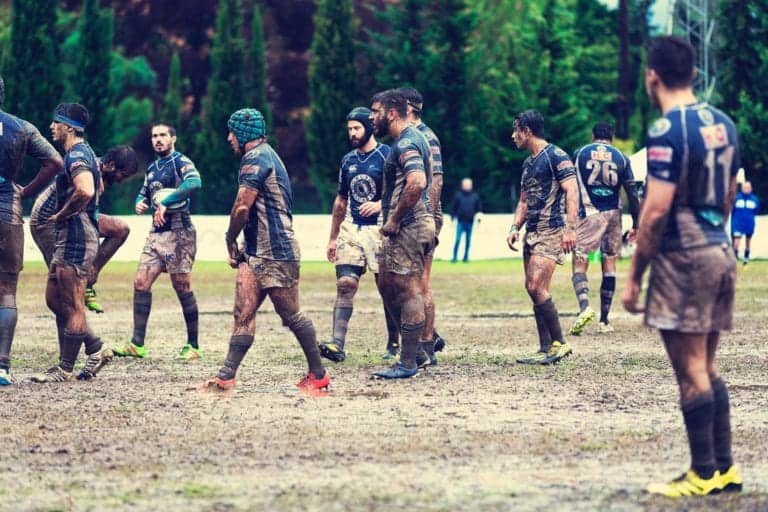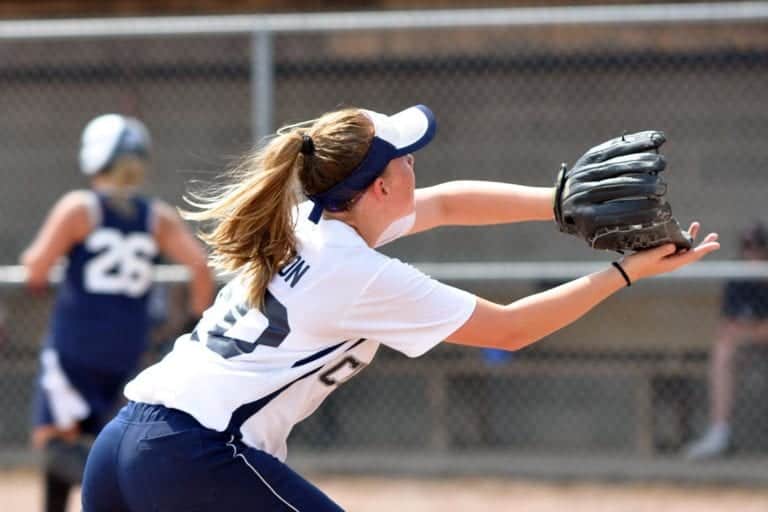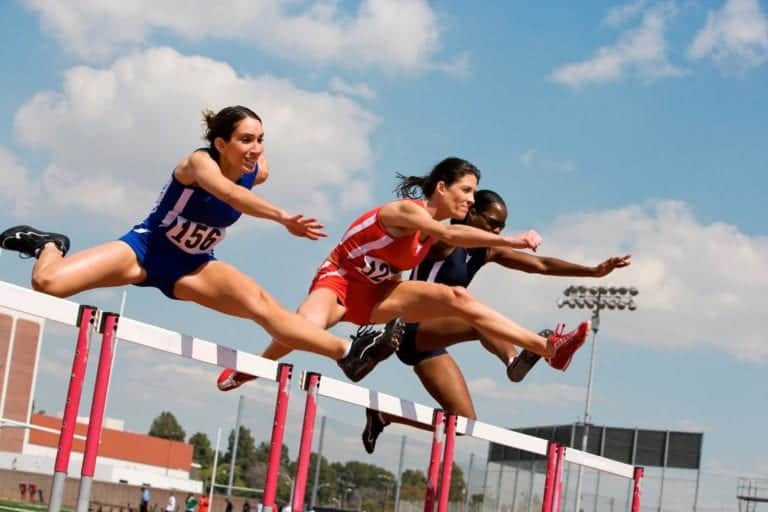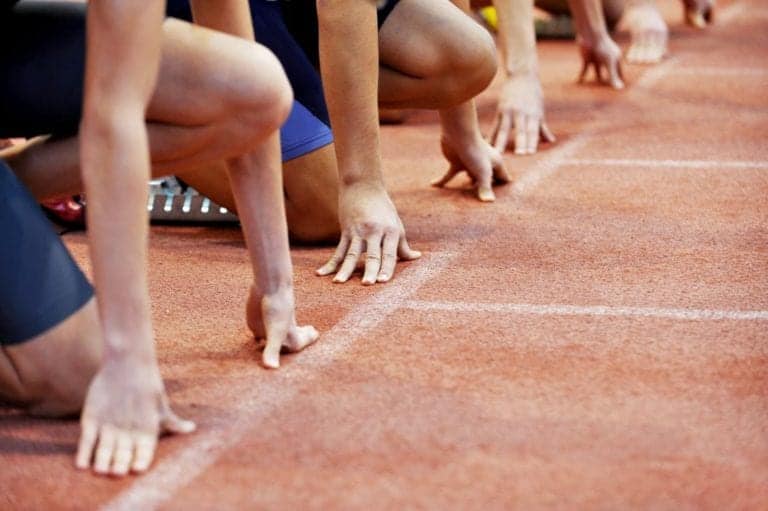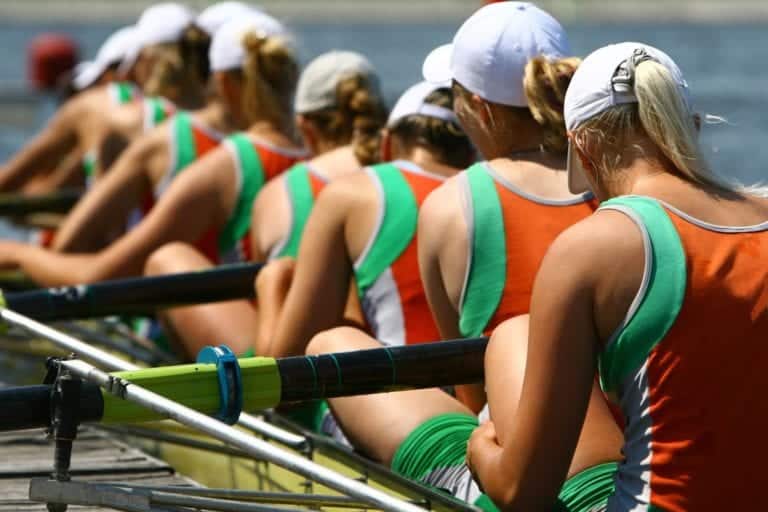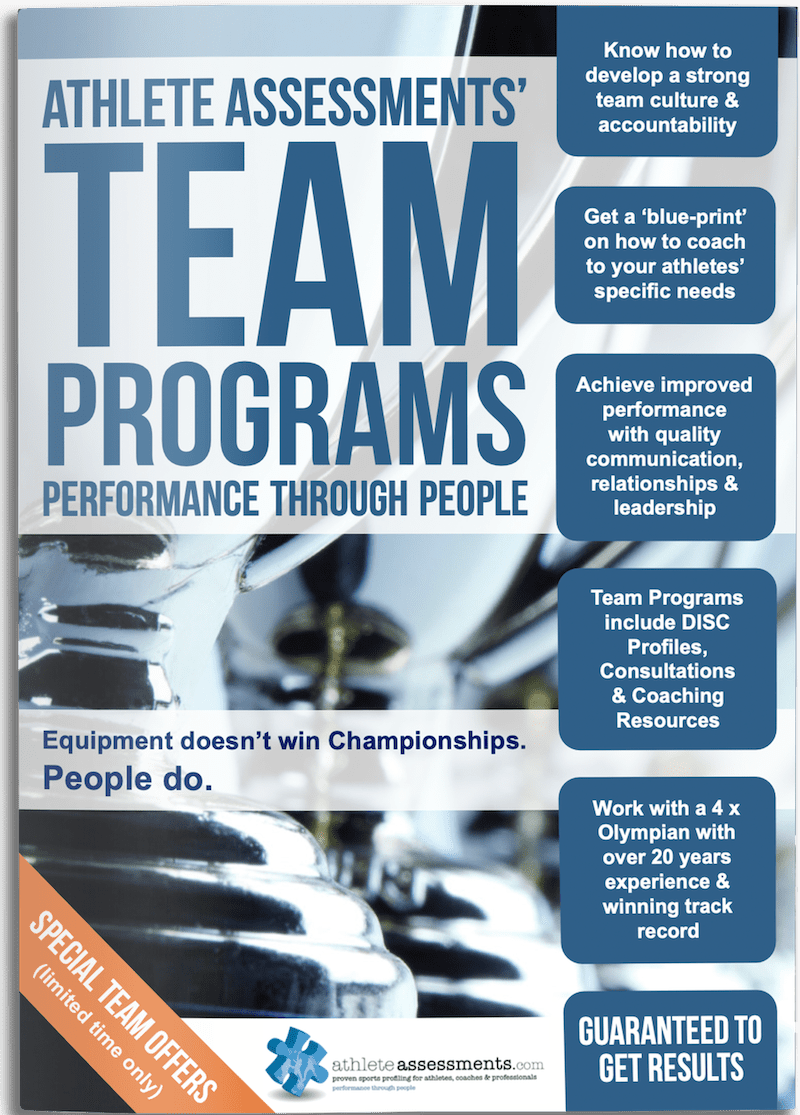How a training journal is a valuable contributor to performance when used well
We’ve all heard about the importance of athletes keeping training journals to improve performance, and like all valuable performance strategies it isn’t whether or not our athletes know about it, but whether they do it. Bo Hanson, Senior Consultant at Athlete Assessments says, “a training journal is one of the first activities we encourage athletes to do. The kind of things we like to see in a training journal include; the way an athlete feels about the session, any mental, physical or technical challenges they identify, things they want to improve on, things they were coached to improve on, strategies they tried and the values they lived on the team that practice.”
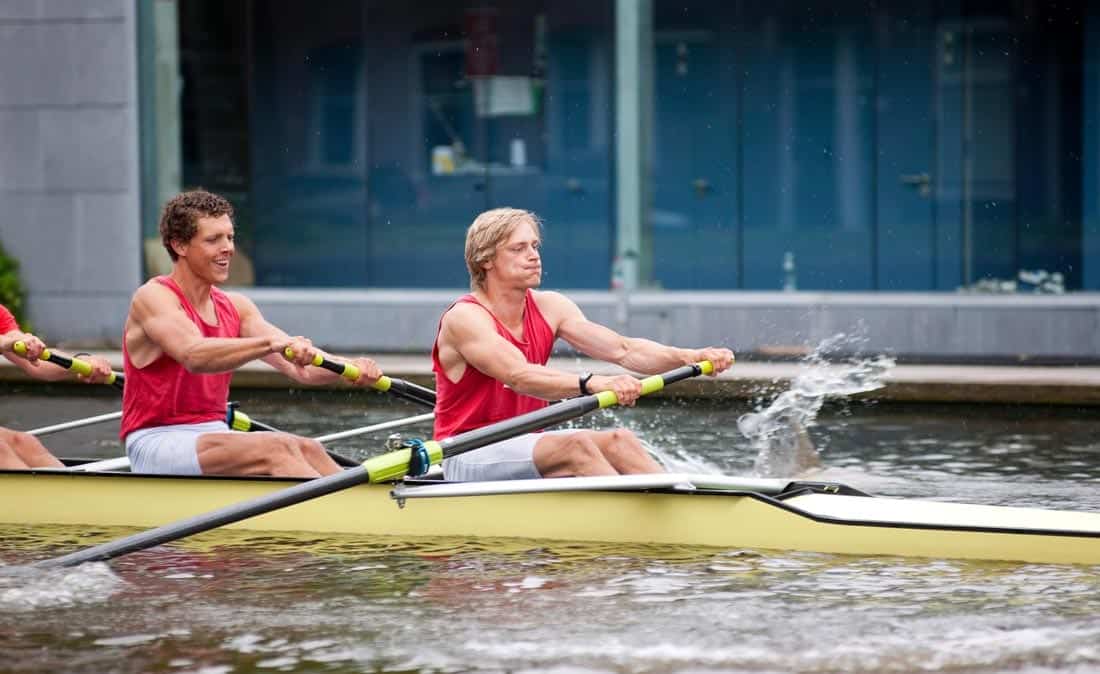
Importantly, a training journal can also diarize an athlete’s progress, it can be a written reminder of their successes and document important milestones. Hanson recalls, “I can read my 1991 Junior National Team journal which had details about every session of that four month preparation. I wrote about the workload and how the boat ‘felt’ and the technical calls that made a difference to our speed and boat feel. I noticed a pattern after these weeks of what we needed to focus on to produce a World Champ Silver Medal performance,”
“Later, as it did for me all of those years ago, a journal can form the raw material for a mental strategy. Conversely, hiding resistance and struggles or prejudging your teammates or coach’s reactions, results in harboring a weakness. If athletes do not judge themselves on journal entries, and make honest entries, then and only then, can they become a useful resource and athletes begin to learn about their behaviors – which create success and those that deliver poor results.”
Athletes often don’t record their mental approach or reaction to training. Training journals are more than a record of an athlete’s daily output, they’re a resource, an individual blueprint for improvement, mentally and physically. Effective mental strategies begin with a basic framework and develop into a sequence of thoughts that take the individual athlete through a situation that’s challenging. An effective mental strategy will result in the athlete challenging the situation.
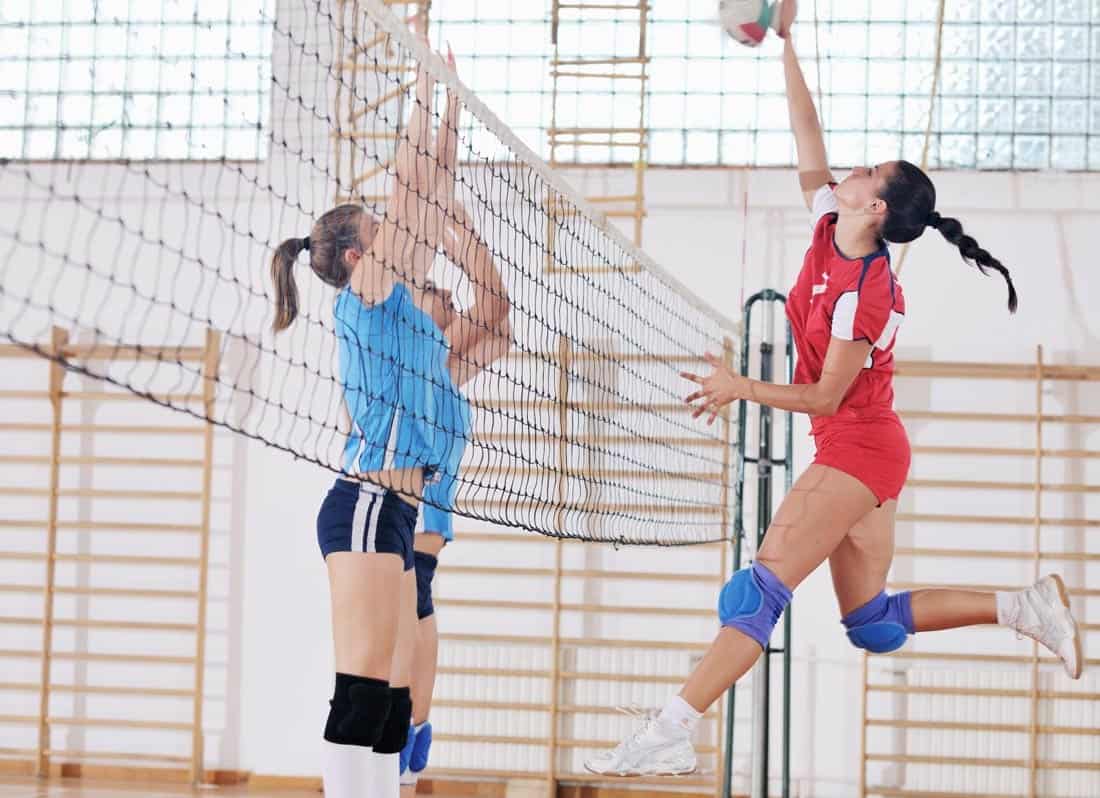
Honest reflections about each day’s sessions, on the field, in scheduled practice sessions, in the gym and notes about an athlete’s own non-technical contribution or the way team dynamics are expressing themselves, can form the basis of specific strategies. The act of writing itself is a kinesthetic activity and builds a connection or feeling to areas of development and enhances learning post practice. That writing in a training journal can also be re-read to reconnect before the next practice.
Every athlete has negative thoughts and concerns, a training journal is the place to express these. Negative thoughts or concerns can be addressed, if they are recorded. If the thought is there in black and white, written on paper, it’s easier for the athlete to gather information and find out the facts surrounding their concerns. Of course a training journal is also the place to record physical responses and recovery to each session.
A training journal is not simply a replica of the program, it is of no use if it’s written to impress someone else, or if its content is what the athlete THINKS that someone else wants to hear.
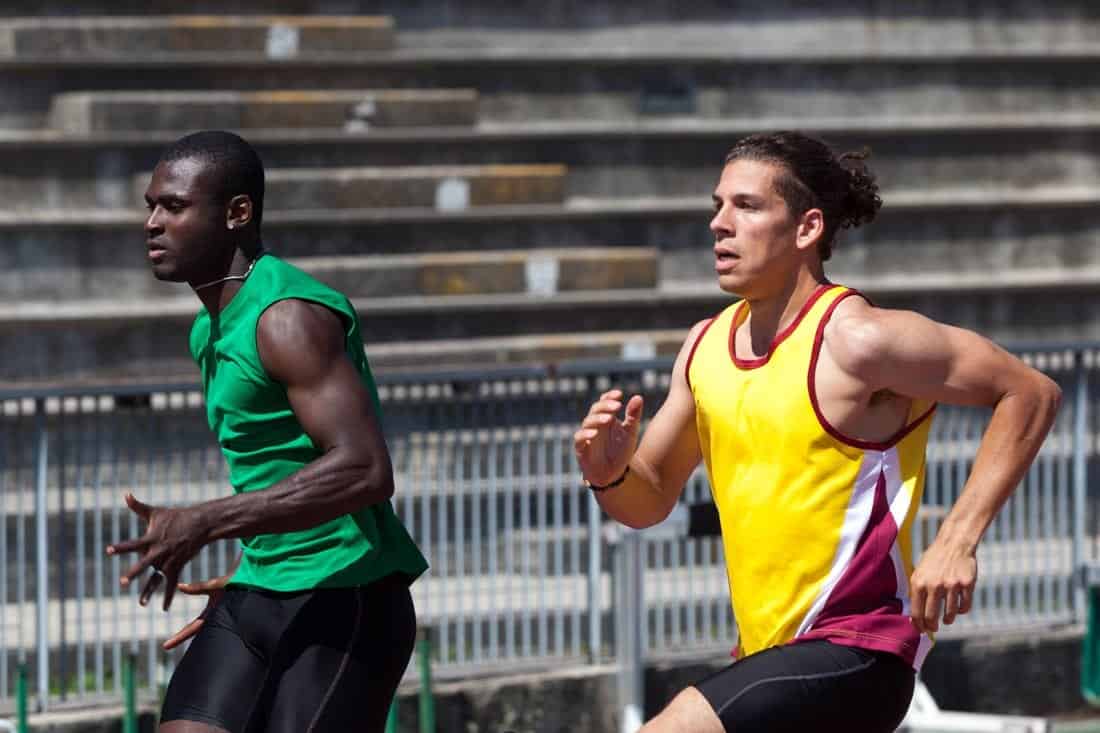
Finally, keeping a training Journal shouldn’t be a time-consuming exercise, a journal entry should take two minutes or less. As coaches, we ‘ve got to make this easy for athletes. We have to model the experience ourselves and make journal entries which reflect on our coaching and the impact we’re having.
A training journal is just one tool in a suite of targeted activities that develop the skills which strengthen performance. Bo Hanson developed the ATHLETE TOUGH™ program in response to constant requests from coaches for his input into mental skills programs. It provides a week by week, step-by-step method for coaches and consequently their athletes to build mental strategies, and as a result their mental toughness. Chapter 1 of the ATHLETE TOUGH™ program asks athletes to keep a training journal, it is important and it is fundamental to the program. The 14 chapters that follow tackle topics like; Staying Tough Under Pressure, Bouncing Back, Mastering Accountability and Control and Influence, to name a few. Each chapter contains activities and reflective exercises that give athletes the opportunity to develop strategies around their mental approach ensuring they perform their best when it matters the most. All of this is recorded and can be reflected upon in their journals.
Where to from here?
At Athlete Assessments we’re here to provide you with excellence in service and to help you be your best. If there is anything we can do to be of service, don’t hesitate to contact us.
Suggested Articles
What’s the difference between super champions, champions and athletes who don’t quite make it? It’s the quintessential coaching question and in this article we’ll recap the research findings that reveal the answers and tell you everything you need to know to apply the academic knowledge to everyday coaching.
Many believe in the ‘domino effect’ as a natural force in life and subsequently, sport. It’s often referred to as the concept of ‘momentum’. The domino effect is best explained as looking at life, or sport, as a series of somehow connected events or situations. When one domino is pushed, the others all fall until the inevitable end result occurs and a thousand dominos are all lying flat.
How the pressure of perfectionism can be alleviated by coaching strategies that focus on effort not execution, beliefs and behavior
By Bo Hanson, Director and Lead Consultant – Athlete Assessments
‘The Rise of Perfectionism’ among college students is a significant trend according to an article by the Harvard Business Review. In summary, the article was reporting on research conducted by the World Health Organization (WHO), which surveyed 41,641 American, Canadian, and British college students from 1989 to 2016 and found an increasing tendency to
In a revealing interview with Dr. Jen Fraser, for End Bullying & Abuse in Sports Summit, Bo Hanson 3 x Olympic medalist and 4 x Olympian explains why a Coach’s bullying tactics will not create a pathway for personal growth, long-term results, mental skills or mental toughness.
Accountability is a prerequisite for high-performance and is an essential theme or value, which takes specific systems and strategies to establish. Bo Hanson, Senior Consultant for Athlete Assessments talks about two of the key factors he encounters regularly which prevent the outcome of accountability occurring.


